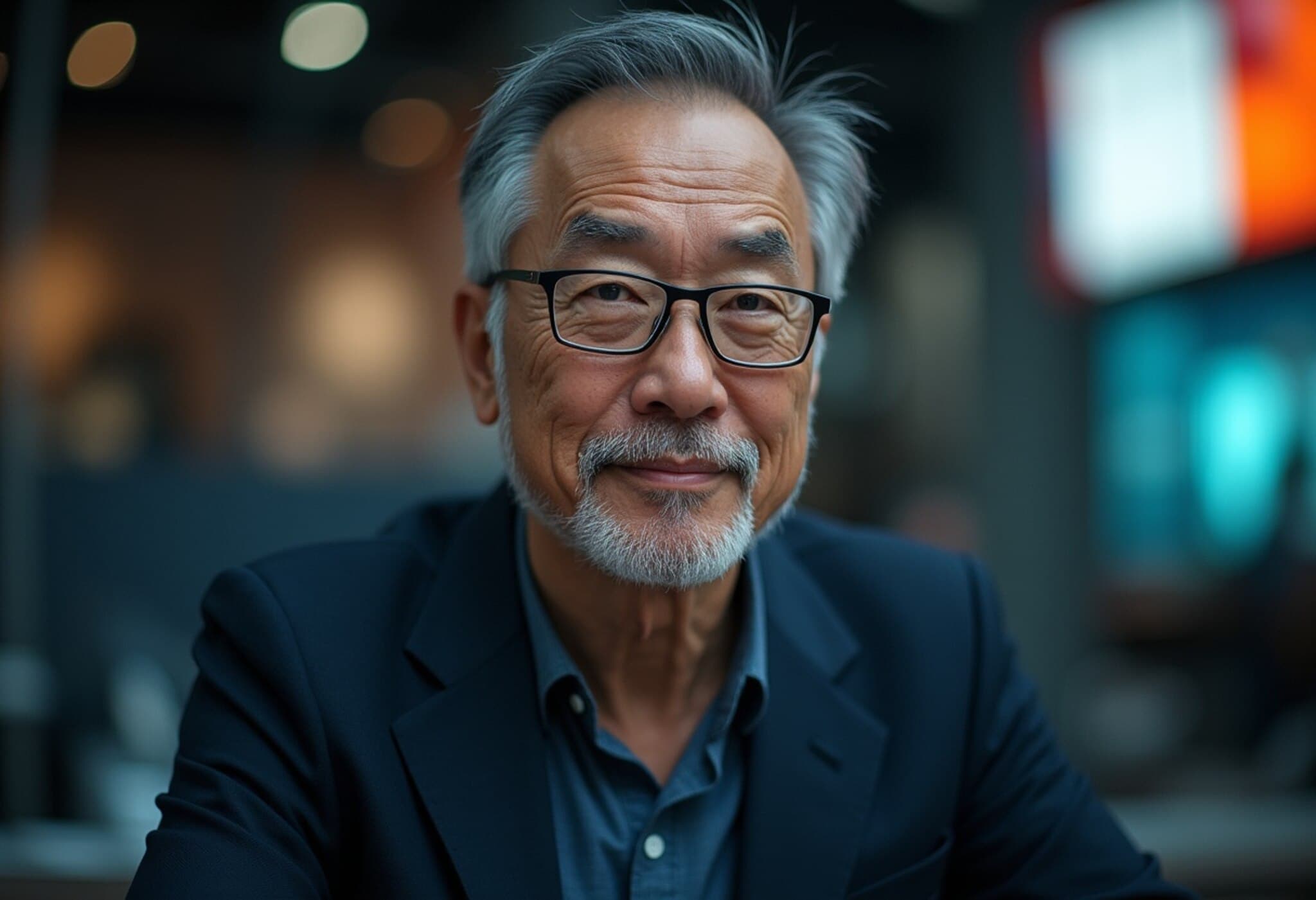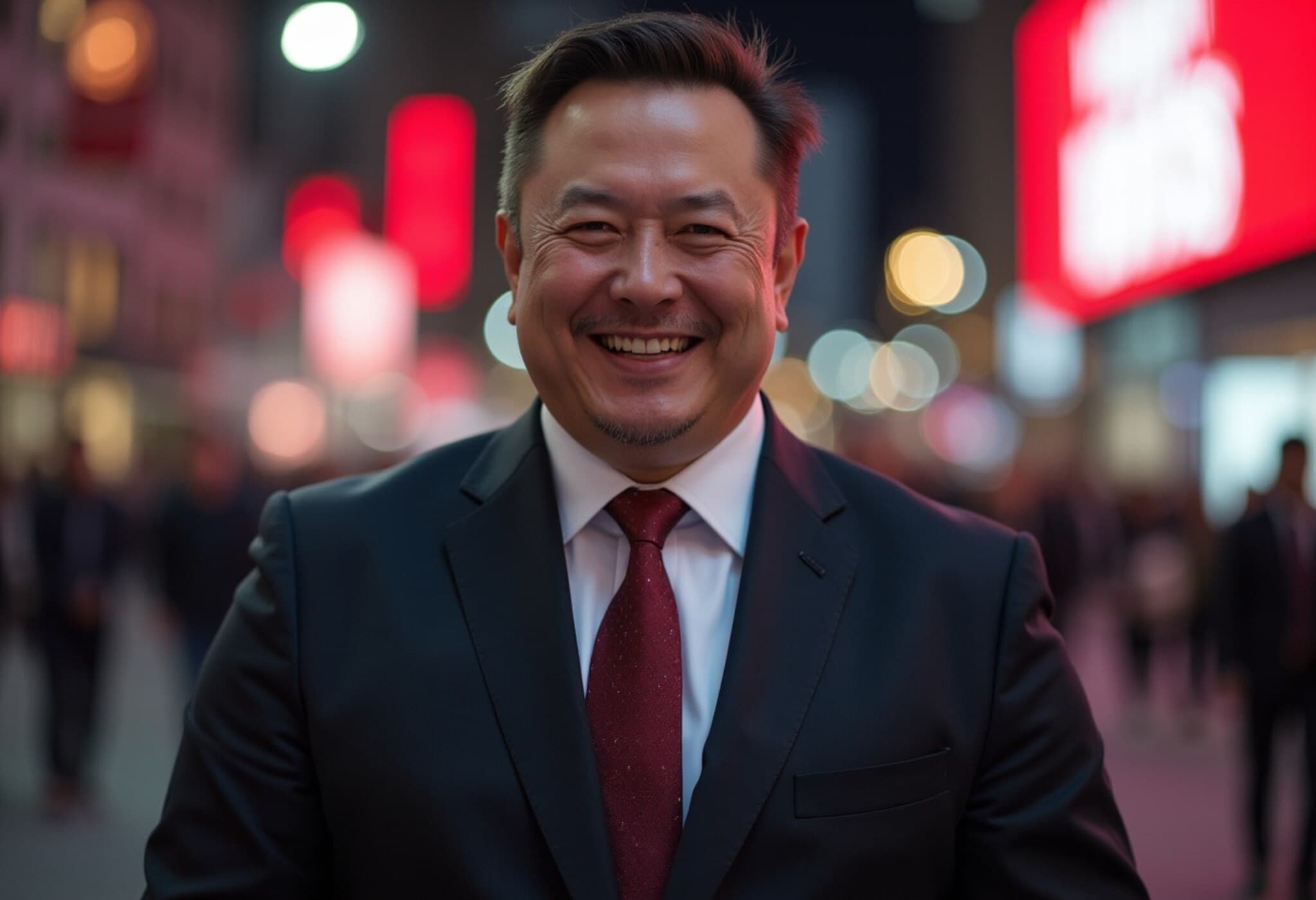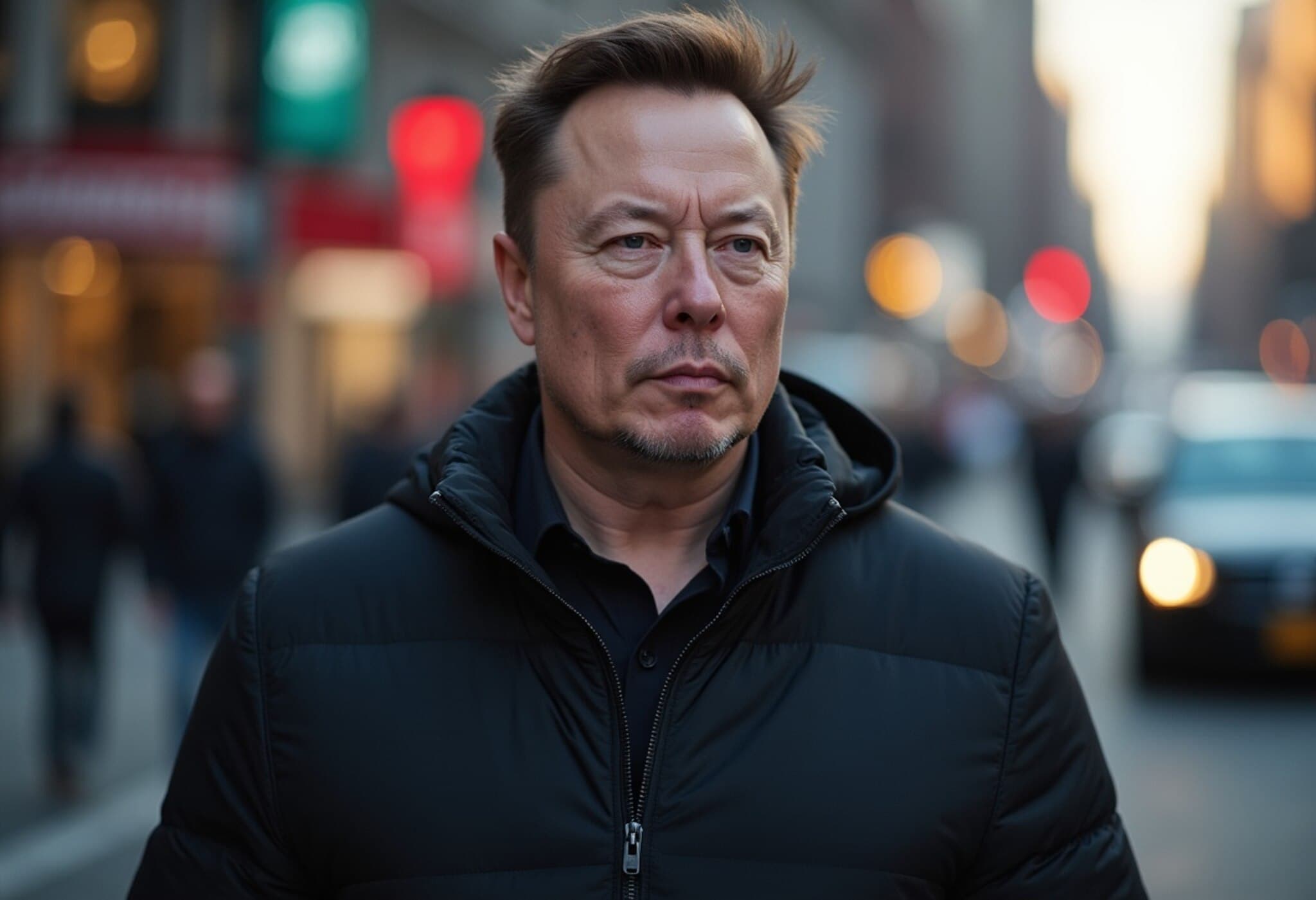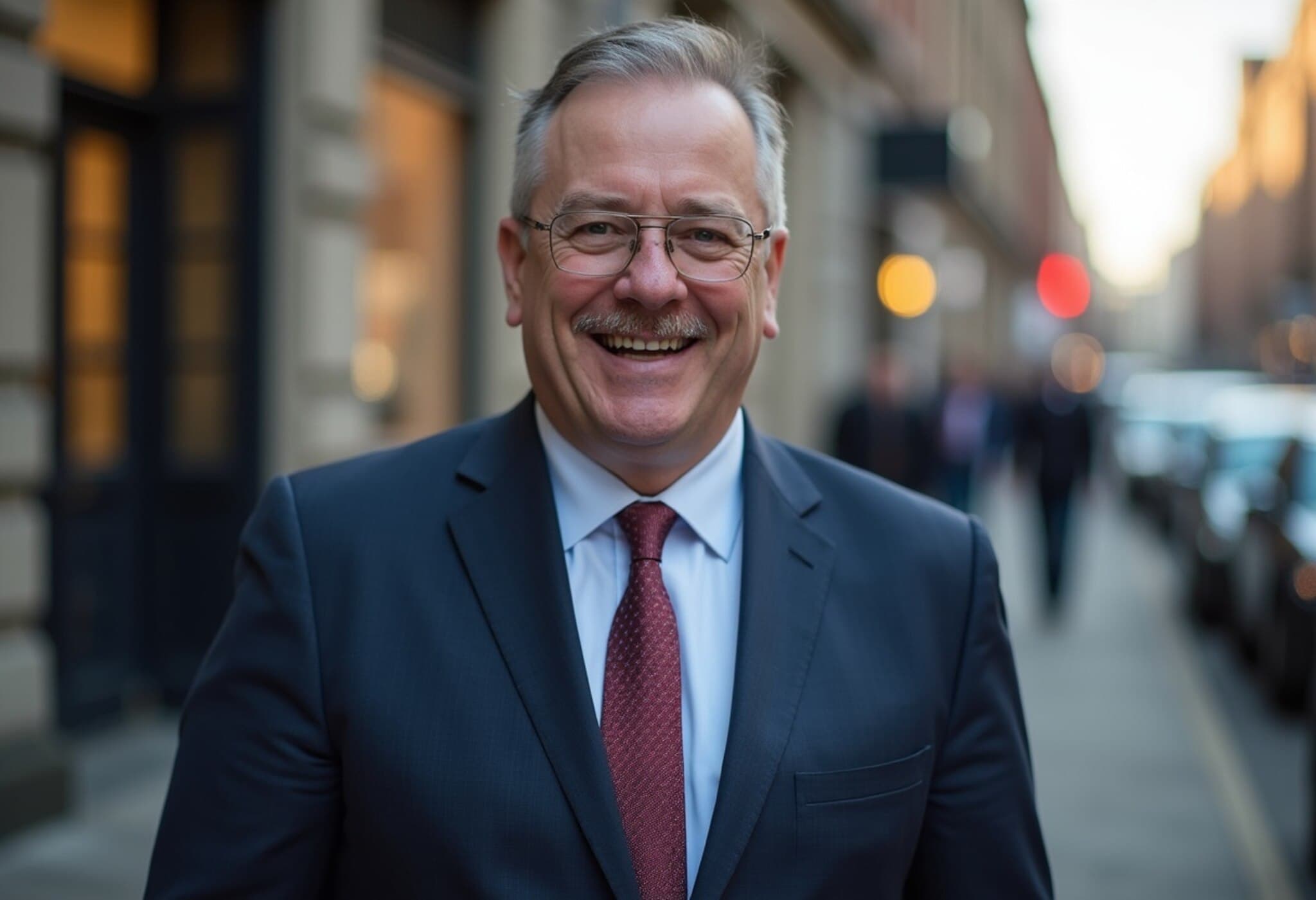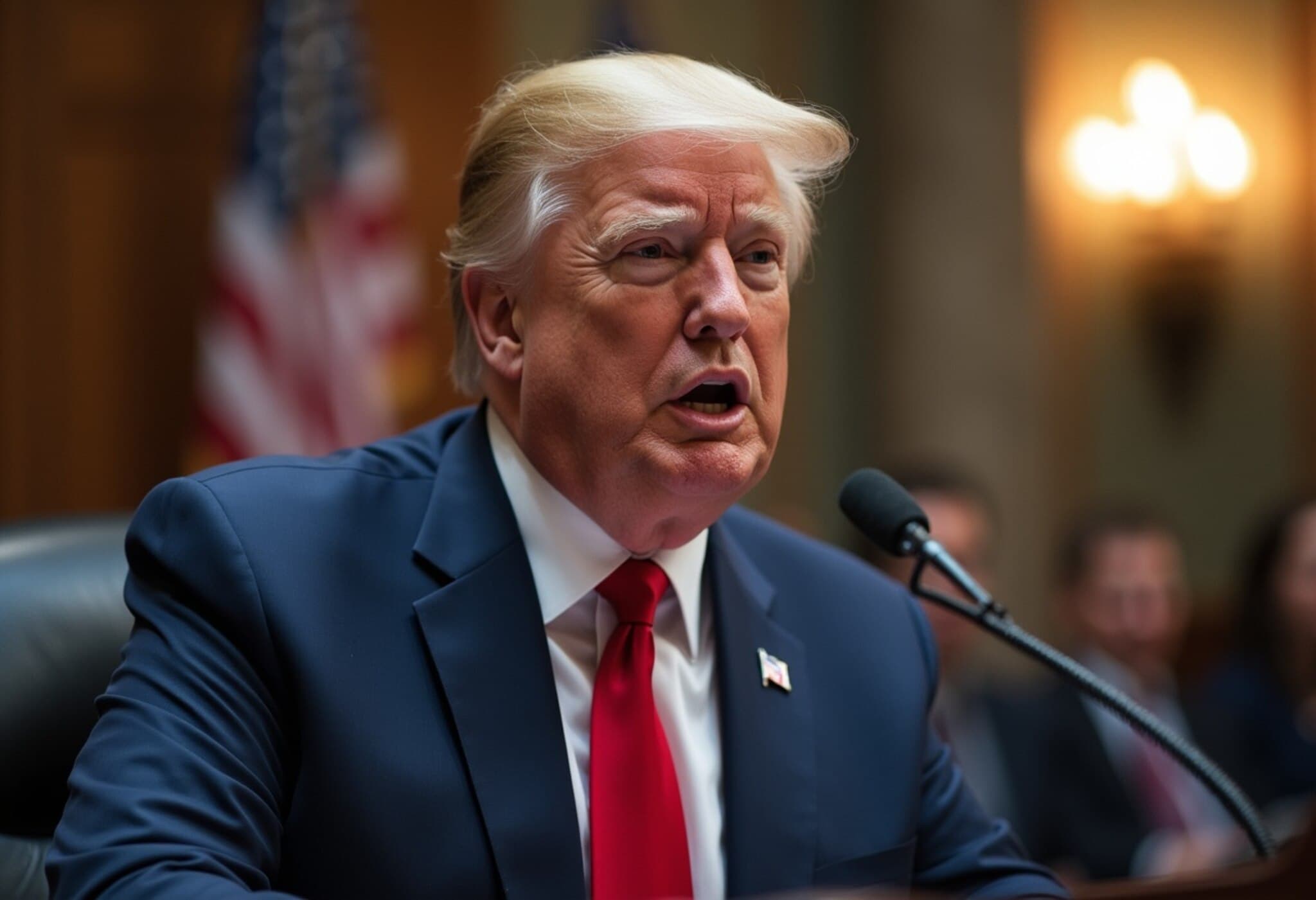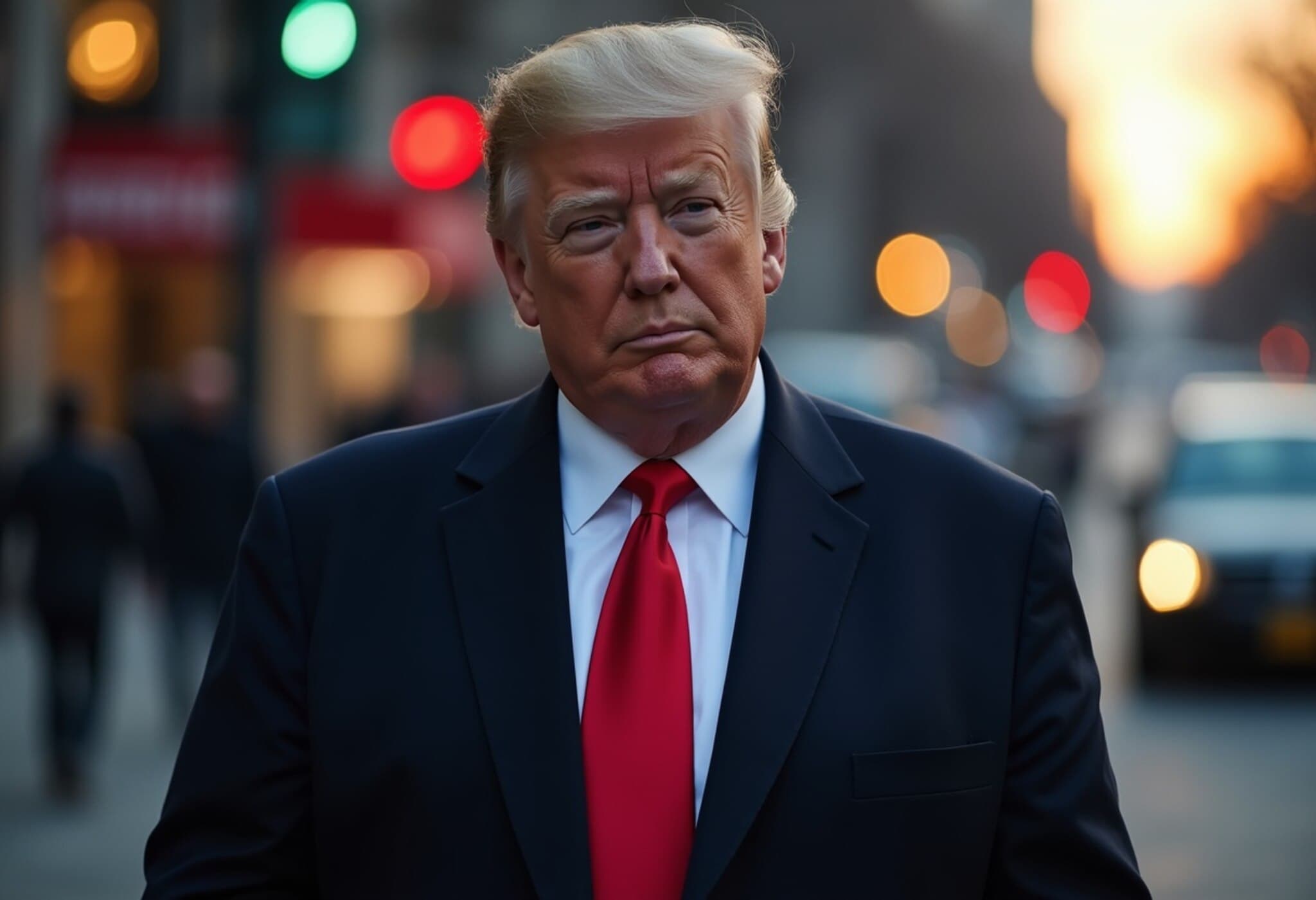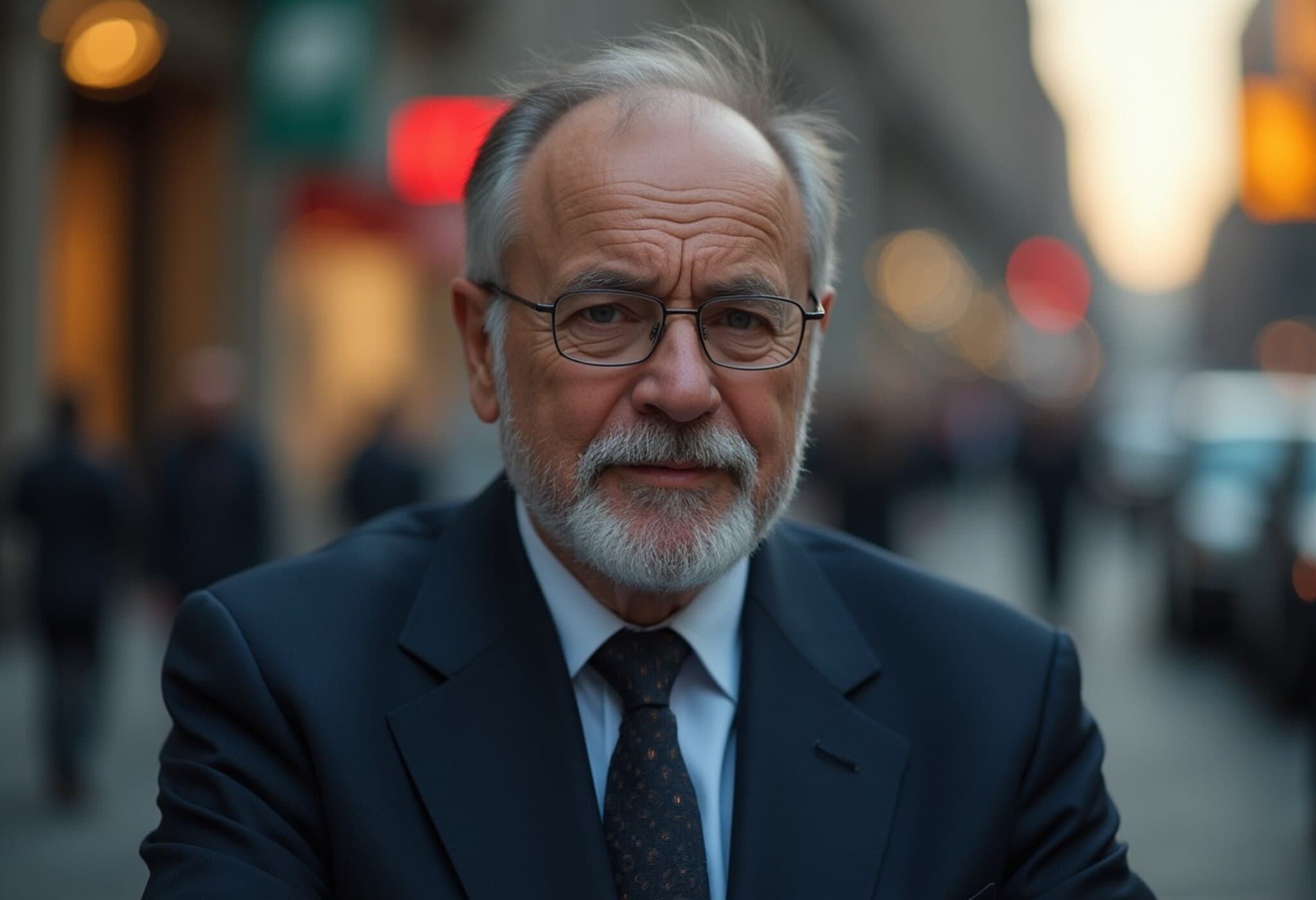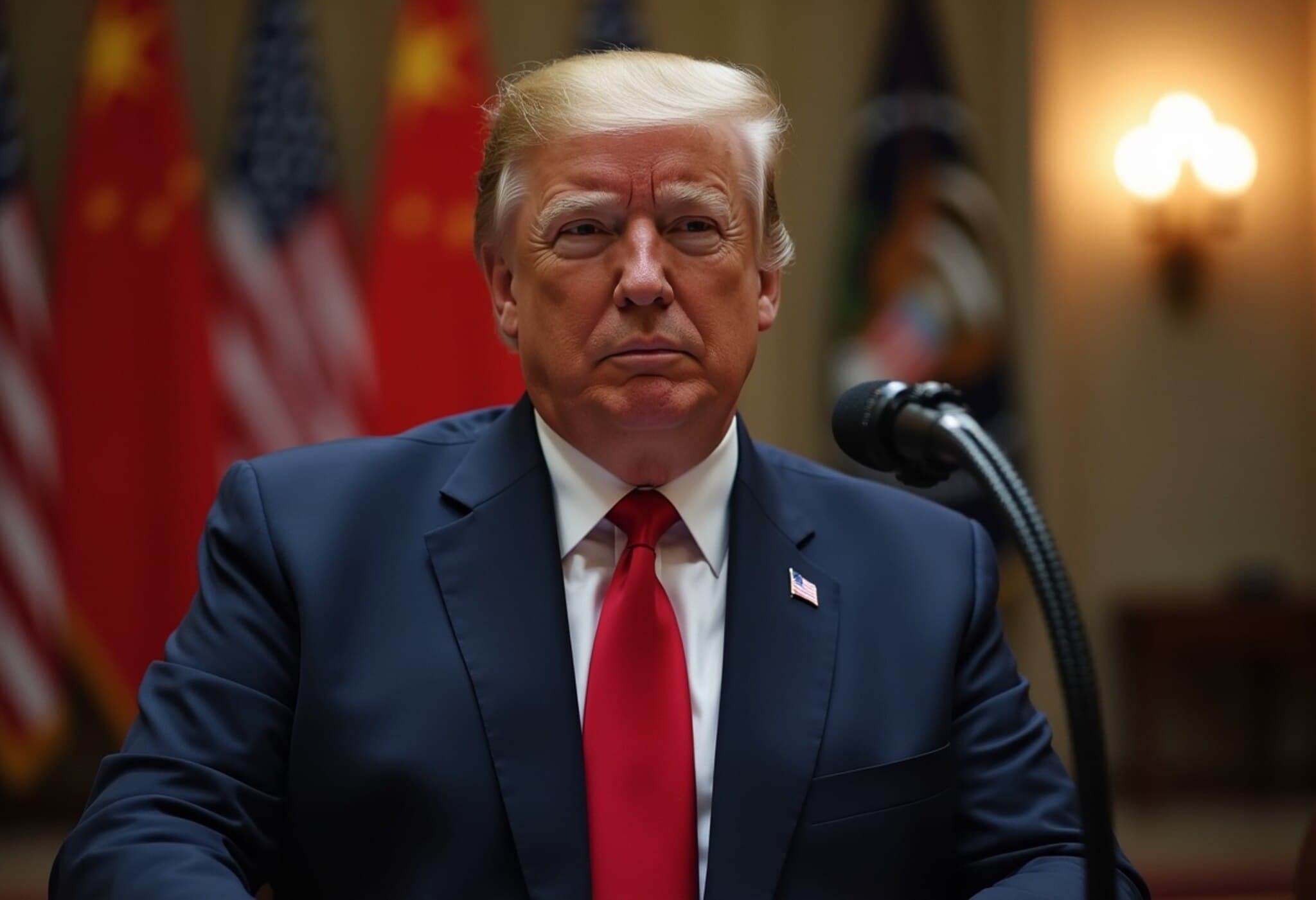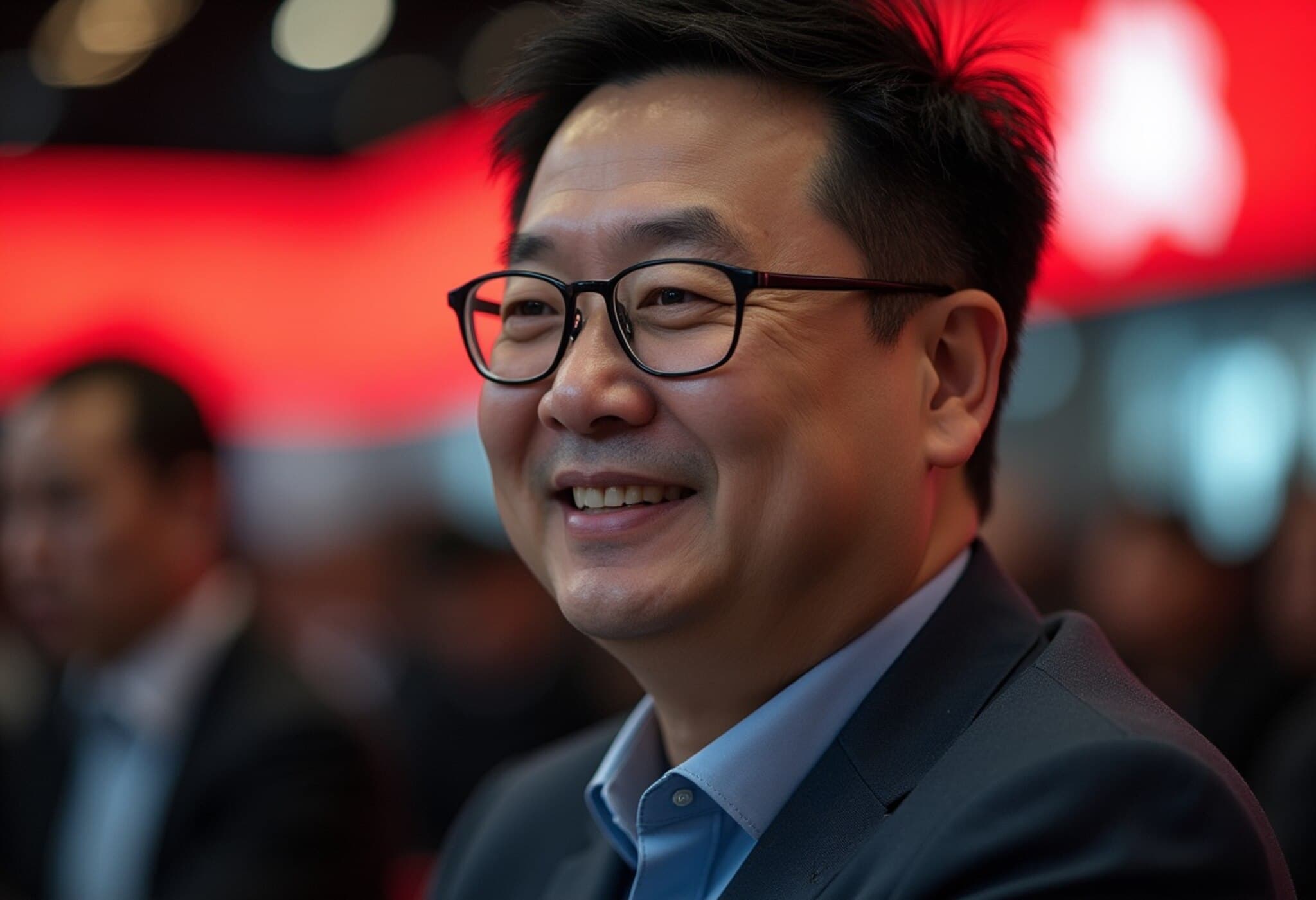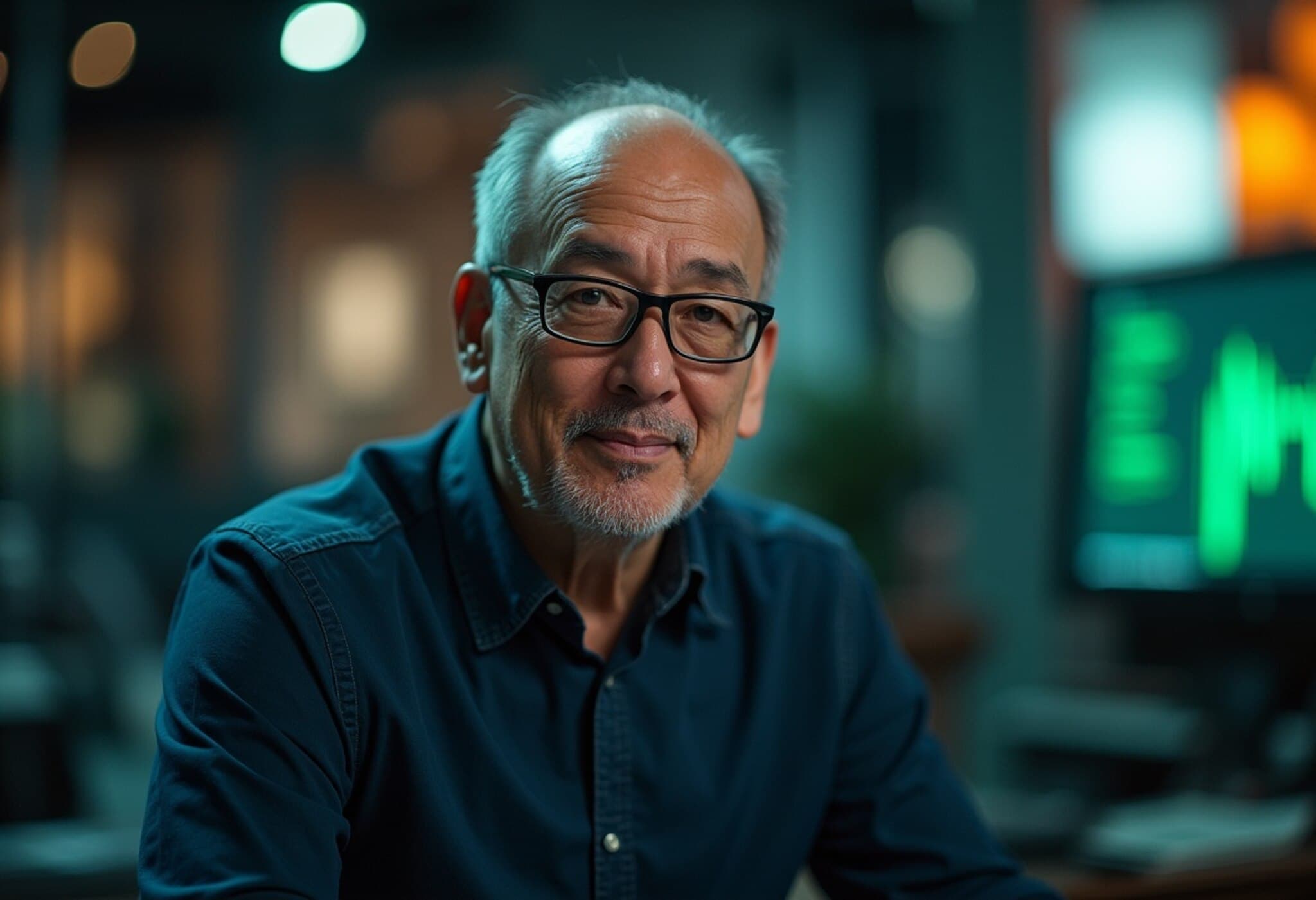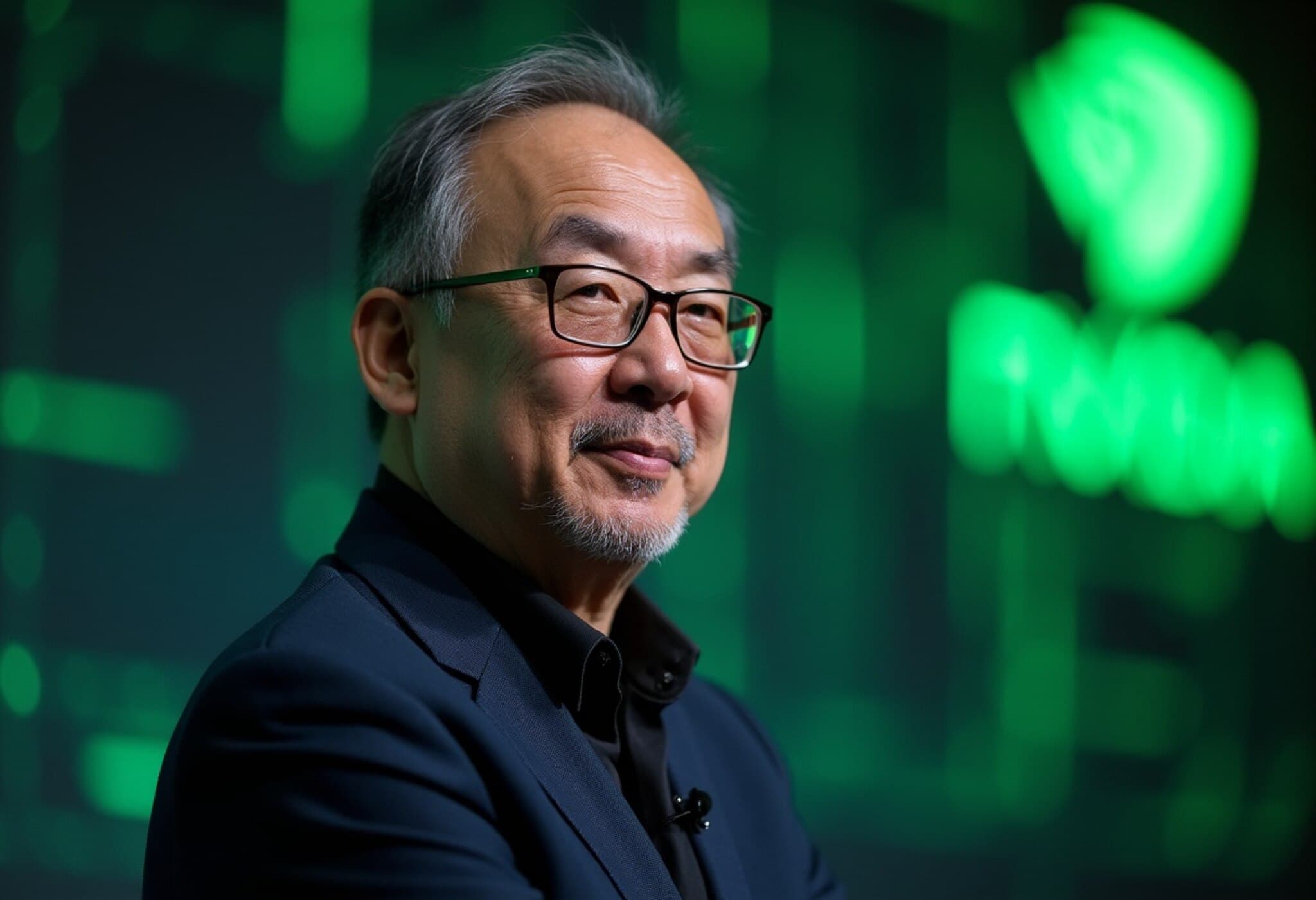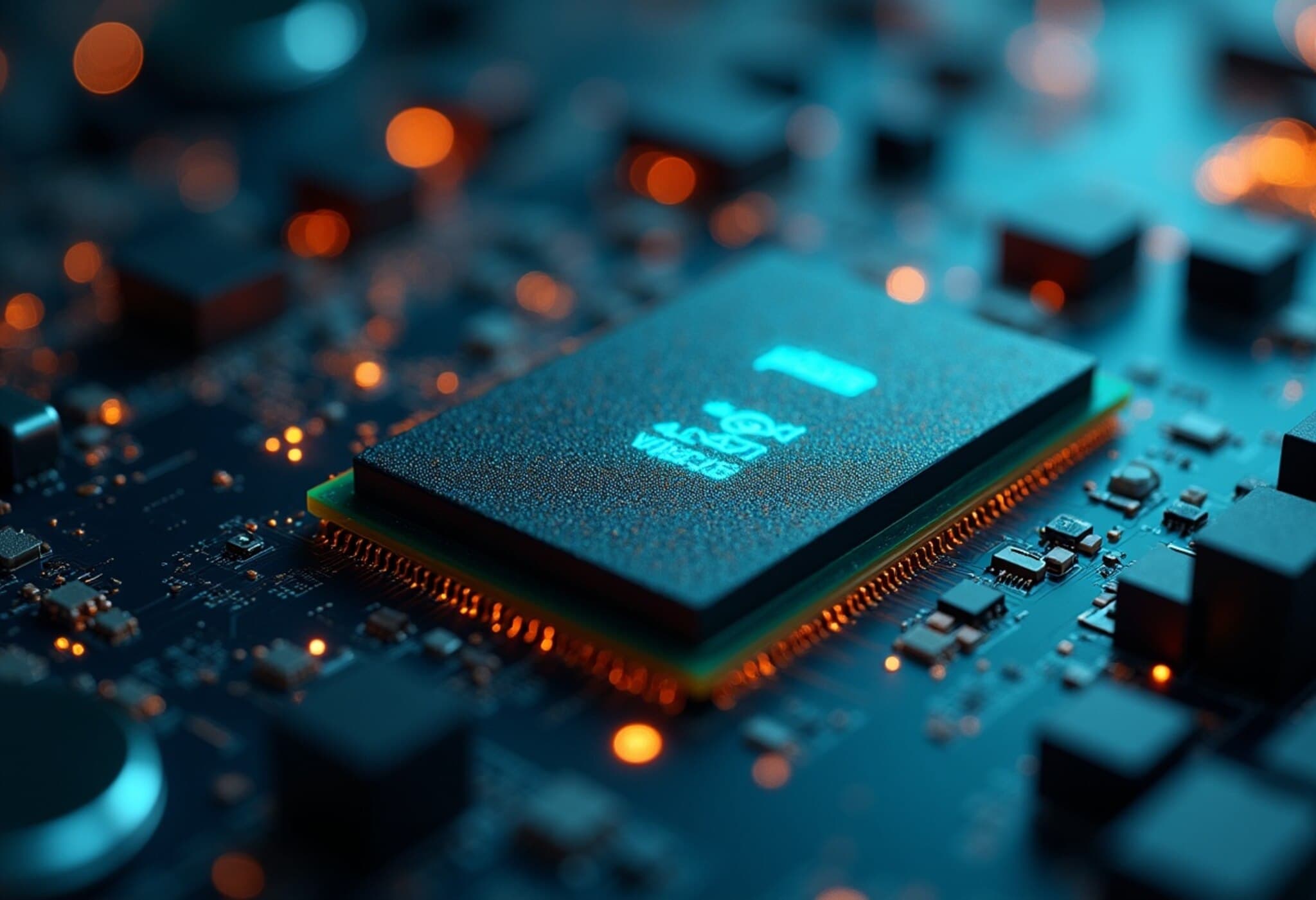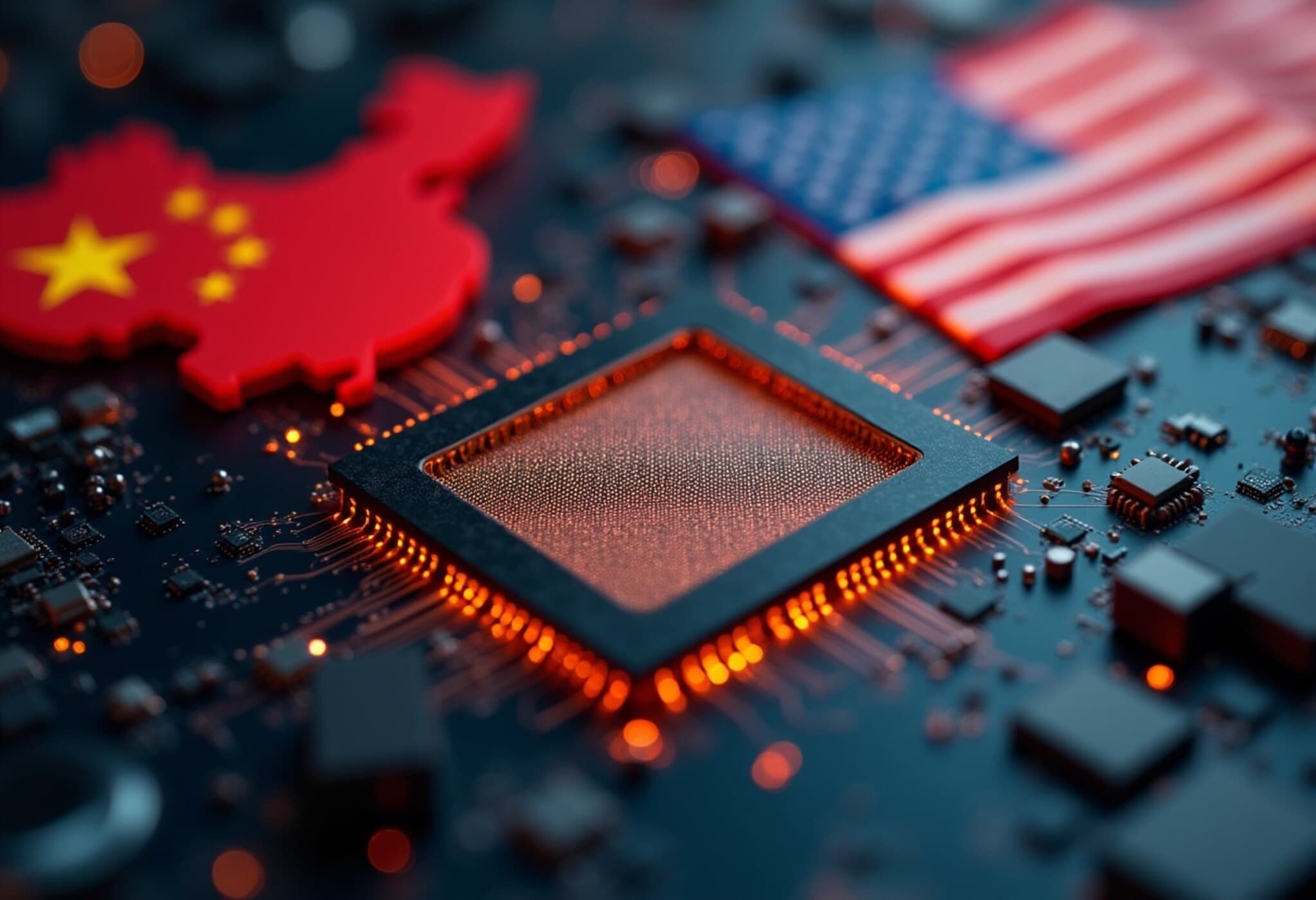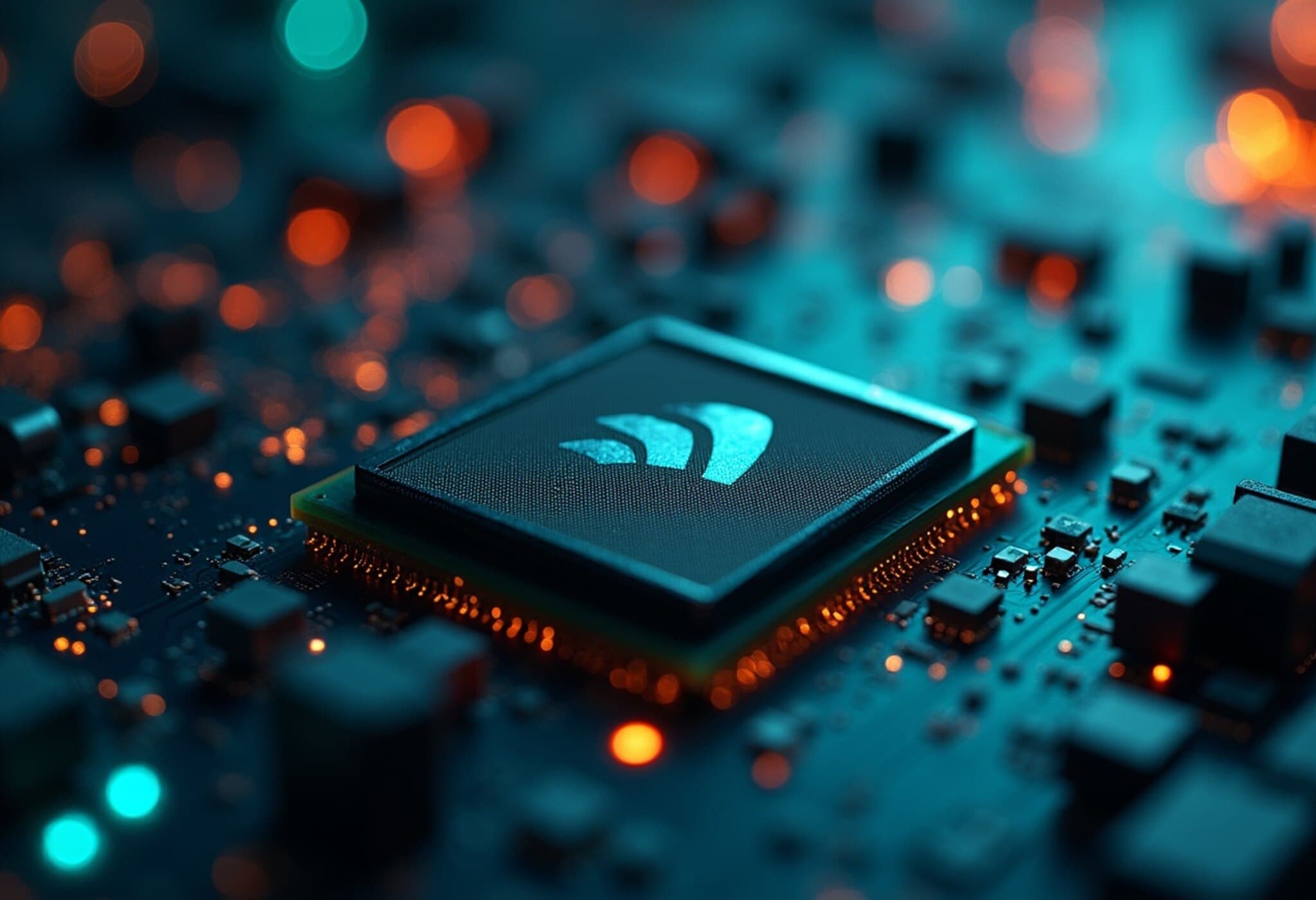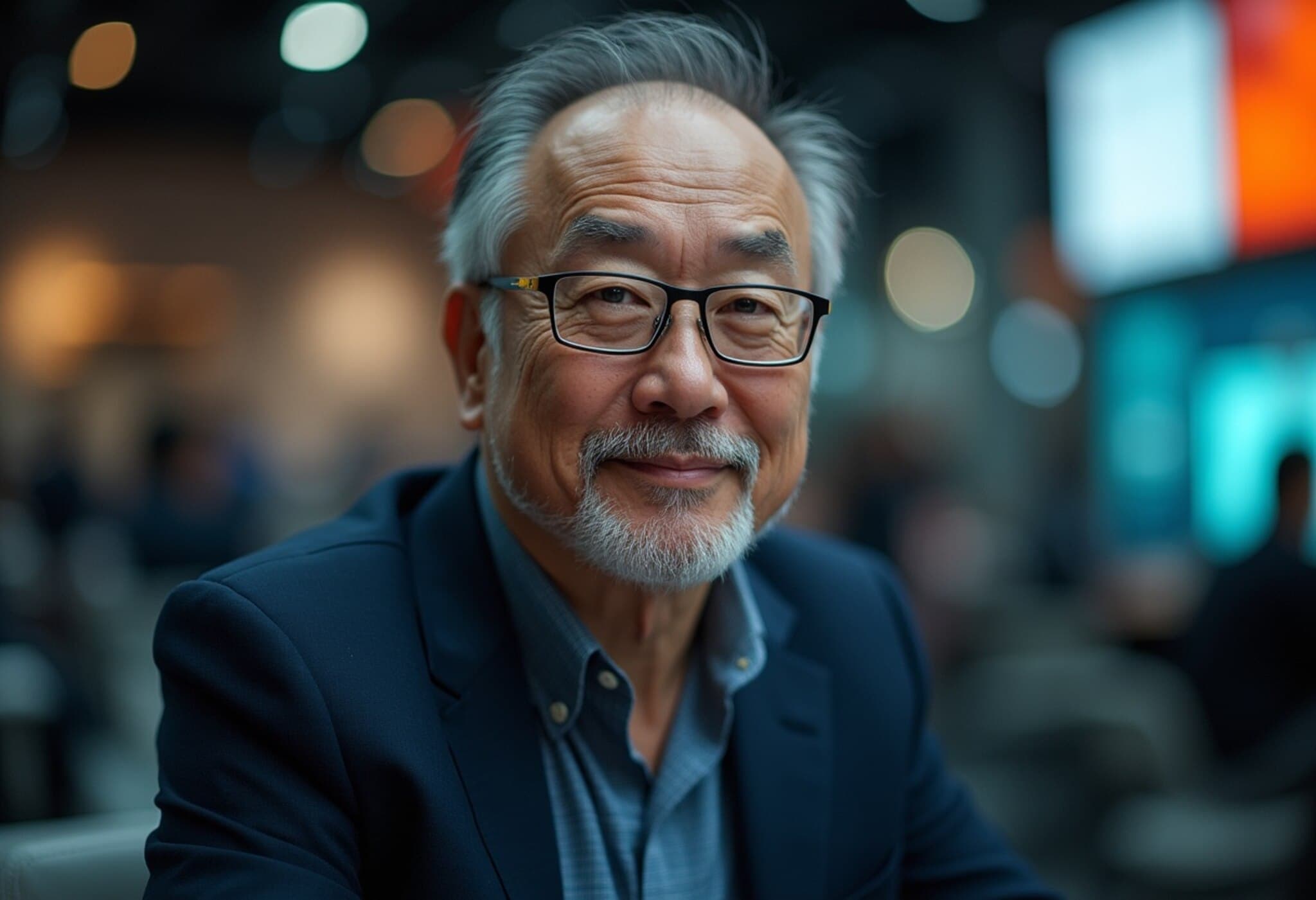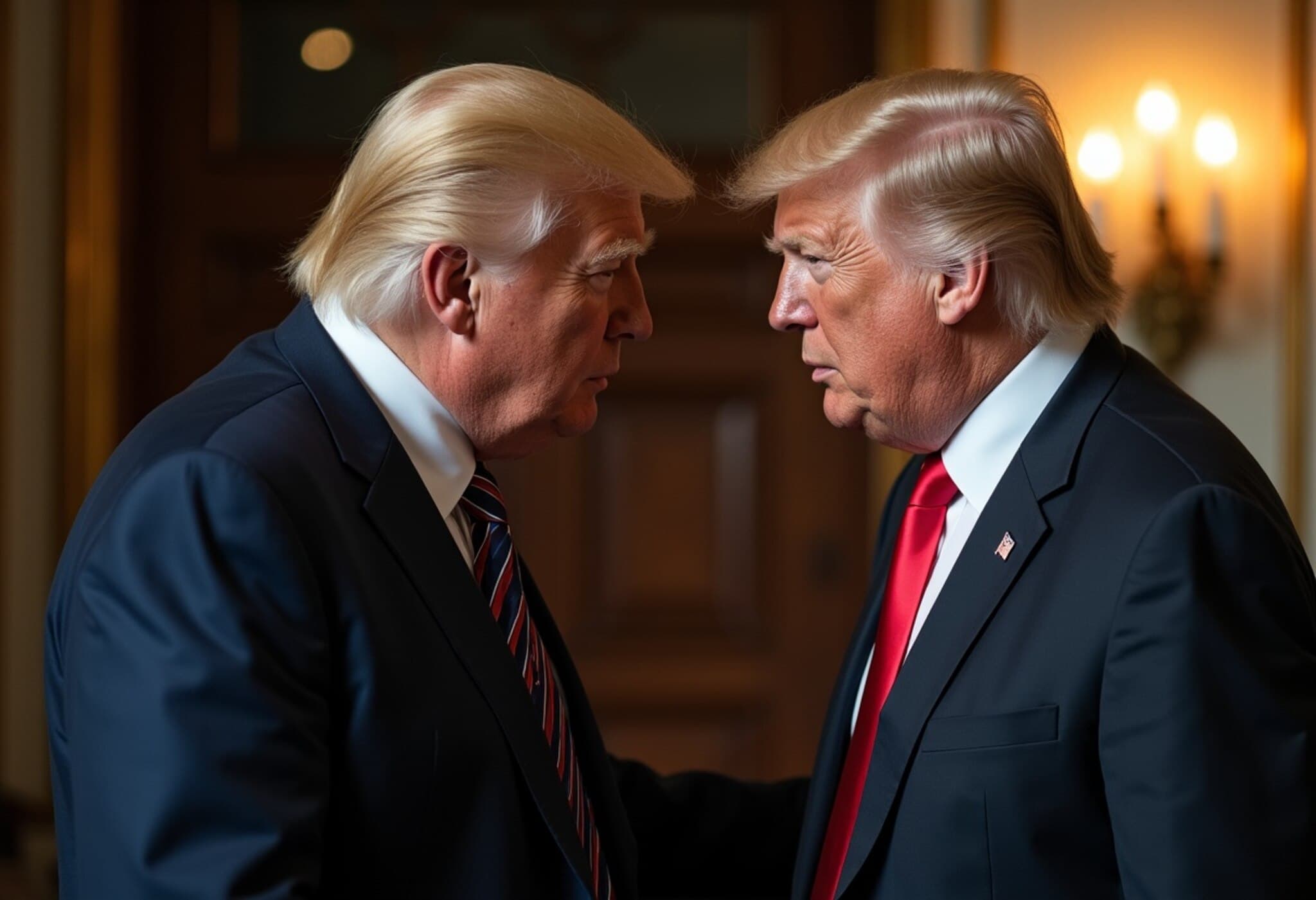Jensen Huang Emerges as a Political Power Player in the AI Era
In the rapidly evolving landscape of technology and geopolitics, Nvidia’s CEO Jensen Huang has quietly but decisively taken center stage, leaving behind veteran tech leaders like Apple’s Tim Cook and Tesla’s Elon Musk in political clout. This shift comes during the second presidency of Donald Trump, as artificial intelligence (AI) becomes a critical sector influencing global trade dynamics and national security.
The Rise of Nvidia's Political Influence
During Trump’s first administration, Tim Cook was widely recognized for his diplomatic finesse, nurturing Apple’s massive footprint in China amidst trade tensions. Cook’s ability to balance U.S. economic interests with sustained growth in China earned him a reputation as a top business envoy between the two superpowers.
However, the narrative has pivoted dramatically under Trump’s renewed leadership. As AI technology surged to the forefront, Nvidia’s chips, especially the AI-optimized H20 series, became indispensable to global tech infrastructure. Wedbush analyst Dan Ives explains, “Nvidia’s unique hold on the AI chip market has vaulted Huang politically ahead of Cook,” underscoring Huang’s newfound role as both a tech visionary and a political influencer.
Historic Win in U.S.-China Chip Trade
One of the defining moments for Huang’s political ascent came recently when the U.S. government reversed export restrictions on Nvidia’s H20 AI chips to China—a rare and significant policy shift in the complex trade war between the two nations. Huang, who had lobbied vigorously against these bans, was photographed with President Trump in Washington right before his pivotal trip to Beijing, signaling his influential status.
This policy change isn’t merely a win for Nvidia’s bottom line but illustrates a broader recalibration of U.S. strategy to maintain technological leadership without alienating one of the largest markets globally. Experts, including Paul Triolo of DGA-Albright Stonebridge Group, credit Huang’s behind-the-scenes advocacy—and alignment with influential White House officials like AI and Crypto Czar David Sacks—for swaying the administration’s decision to ease restrictions.
From the Middle East to Beijing: Huang’s Diplomatic Footprint
Huang’s influence extends beyond China. Earlier this year, he joined President Trump on a diplomatic mission to the Middle East, culminating in a landmark agreement to supply tens of thousands of Nvidia AI chips to the United Arab Emirates. This deal is strategically significant as it not only consolidates American tech dominance in emerging markets but also counters Chinese competitors like Huawei, thereby advancing U.S. geopolitical interests.
How Tim Cook and Elon Musk Have Fared
Contrasting Huang’s meteoric rise, Elon Musk and Tim Cook have faced considerable headwinds. Musk’s relationship with Trump soured publicly, undermining expectations that his China ties might soften U.S. stances. Meanwhile, Trump’s administration has expressed frustration with Cook, especially regarding Apple’s manufacturing shifts toward India and perceived sluggishness in disentangling supply chains from China.
Despite Apple’s monumental $500 billion investment pledge in the U.S., political pressures have mounted, with figures like advisor Peter Navarro openly criticizing the speed of Apple’s decoupling from China. For all Cook’s diplomatic skill during Trump’s first term, the balance of influence in Washington now distinctly favors Huang and Nvidia amidst the AI boom.
The Road Ahead: Uncertain but Pivotal
While Huang currently enjoys unprecedented access and sway within the Trump administration, the tech-policy terrain remains volatile. The U.S. semiconductor sector faces ongoing scrutiny, including investigations that could trigger industry-wide tariffs and disrupt global supply chains. Most of Nvidia’s manufacturing still takes place in Taiwan, a geopolitical hotspot, adding layers of complexity.
Experts caution that “moments of influence can be fleeting”. Nvidia’s ability to navigate shifting trade policies, maintain production agility, and build goodwill in key markets will determine whether Huang’s political clout endures.
Expert Insight: Balancing Tech Leadership and Geopolitics
This unfolding saga exemplifies how technological innovation and international diplomacy are increasingly intertwined. Nvidia’s chips don’t just power AI models—they symbolize U.S. aspirations to lead in an era where control of the digital frontier is a proxy for national power.
For American policymakers, Huang’s ascendancy prompts thoughtful reflection on crafting policies that safeguard strategic interests without stifling innovation or forfeiting access to critical markets like China. Meanwhile, tech leaders must learn from Huang and Cook alike—the former’s bold lobbying and strategic outreach contrast with the latter’s more cautious, relationship-driven approach—each with lessons on influence, risk, and global strategy.
Key Takeaways
- Jensen Huang’s Nvidia currently leads tech-political influence in the Trump administration amid AI’s strategic importance.
- The lifting of U.S. export controls on Nvidia’s H20 AI chips to China marks a rare policy shift influenced by Huang’s advocacy.
- Apple’s Tim Cook and Tesla’s Elon Musk face challenges maintaining political favor due to changing trade policies and administration priorities.
- The semiconductor industry’s future remains uncertain amid ongoing investigations and geopolitical tensions, especially around Taiwan.
- This dynamic highlights the increasing convergence of technology, diplomacy, and national security in shaping global leadership.
Editor’s Note
Jensen Huang’s rise underscores a transformative era where AI technology not only drives economic growth but also shapes diplomatic relations and national strategies. His success in influencing U.S. trade policy offers a case study in the power of technological leadership to sway geopolitical outcomes. Yet, as political winds shift and the semiconductor landscape evolves under mounting pressures, industry giants like Nvidia, Apple, and others face a delicate balancing act between innovation, market access, and national interests. Observers and policymakers alike should watch closely how this interplay will define the future of global technology and diplomacy.

